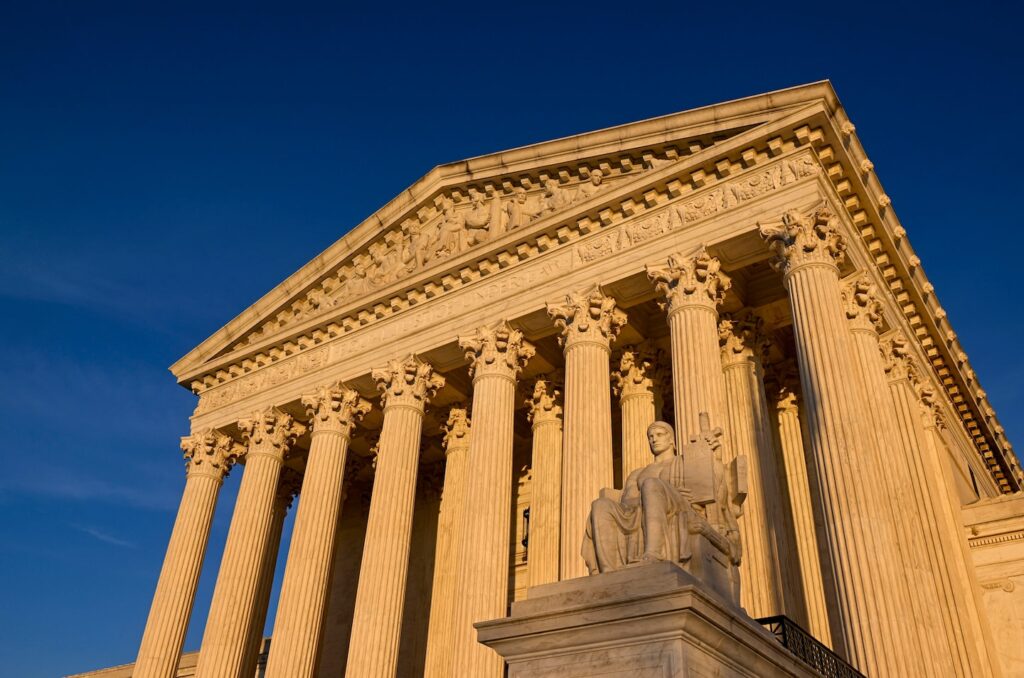“Government officials cannot compel private organizations to punish or suppress views the government does not like,” Sotomayor wrote, adding that the NRA is likely arguing that government officials “have done just that.”
The court sent the case back to the U.S. Court of Appeals for the Second Circuit, where the NRA is pursuing a lawsuit alleging that Maria Vullo, the former head of the New York State Department of Financial Services, violated the organization's First Amendment rights.
The appeals court had previously ruled in favor of Vullo, who argued that the law was being properly enforced and that the policy views were being expressed, and dismissed the NRA's lawsuit.
In a case of strange legal alliance, the conservative NRA teamed up with the liberal American Civil Liberties Union to challenge Vullo's actions. The ACLU said Vullo had abused his power and set a dangerous precedent that other states could follow.
“If the Court had allowed New York state to blacklist powerful organizations like the NRA, government officials would have had even more power to target weaker organizations, especially those that speak for the most vulnerable communities,” the ACLU said in a statement after the ruling.
As DFS Superintendent, Vullo had broad authority to regulate insurance companies and financial services institutions doing business in New York, including filing lawsuits, announcing civil actions and entering into consent decrees.
Varro began investigating violations by NRA-affiliated insurers in 2017, but the case really took off after the Marjory Stoneman Douglas High School shooting in 2018. The NRA and other gun advocacy groups faced intense backlash after the tragedy.
The NRA alleges that Vullo pressured insurance companies to cut ties with the group and met with executives from insurance companies that do business with the NRA to clarify his position.
At one meeting, Vullo told executives he wanted to use DFS' power to block access to guns and weaken the NRA, and that he was unlikely to take regulatory action against insurers that were not affiliated with the NRA, according to the Supreme Court ruling.
Vullo later worked with then-New York Governor Andrew M. Cuomo (Democrat) to issue regulatory guidelines and press releases urging companies not to do business with the NRA.
Several insurance companies subsequently severed ties with the NRA, which then sued Vallo, the DFS and Cuomo.
The district court denied Vullo's motion to dismiss the NRA's argument that DFS violated the First Amendment by coercing DFS-regulated entities in an attempt to punish the NRA. The Second Circuit subsequently reversed that decision, and the NRA appealed to the Supreme Court.
Vullo's lawyer, Neal Katyal, said the verdict was unfortunate and that the NRA's claims about meetings with executives were false.
“Mr. Vullo did not violate anyone's First Amendment rights. Mr. Vullo authorized violations by insurance companies and enforced insurance law. “Industry letters such as the one issued by Vullo are important tools that regulators use routinely to inform and advise the organisations they supervise about risks.”
In their High Court filing, Mr Vullo's lawyers also wrote that he had not forced the companies.
“They did not threaten to take any action against entities with which DFS did not sever ties,” the report states. “Indeed, DFS took no such action.”
Sotomayor's opinion National Rifle Association v. Vullo They said Vallow was open to criticizing the NRA and pursuing violations of New York state insurance law, but overstepped his authority when he threatened to use force against the NRA's pro-gun activism.
Alex Abdo, litigation director at Columbia University's Knight First Amendment Institute, said in a statement that the distinction is important in balancing free speech and government action.
He called the ruling “an important decision that reaffirms a fundamental First Amendment principle: the government may not coerce others to suppress constitutionally protected speech.”
“The ruling also properly recognizes that while the government cannot use coercive power, it must be allowed to attempt to persuade the public of its views,” Abdo said. “If the government is not allowed to speak forcefully on the topics of the day, it will not be able to govern effectively.”
The case is one of two before the Supreme Court this term involving government and free speech. Murthy v. MissouriThe court will decide whether the Biden administration forced social media platforms to stifle free speech in its efforts to crack down on misinformation. A verdict is expected by the end of June.
Ann Marimow contributed to this report.


